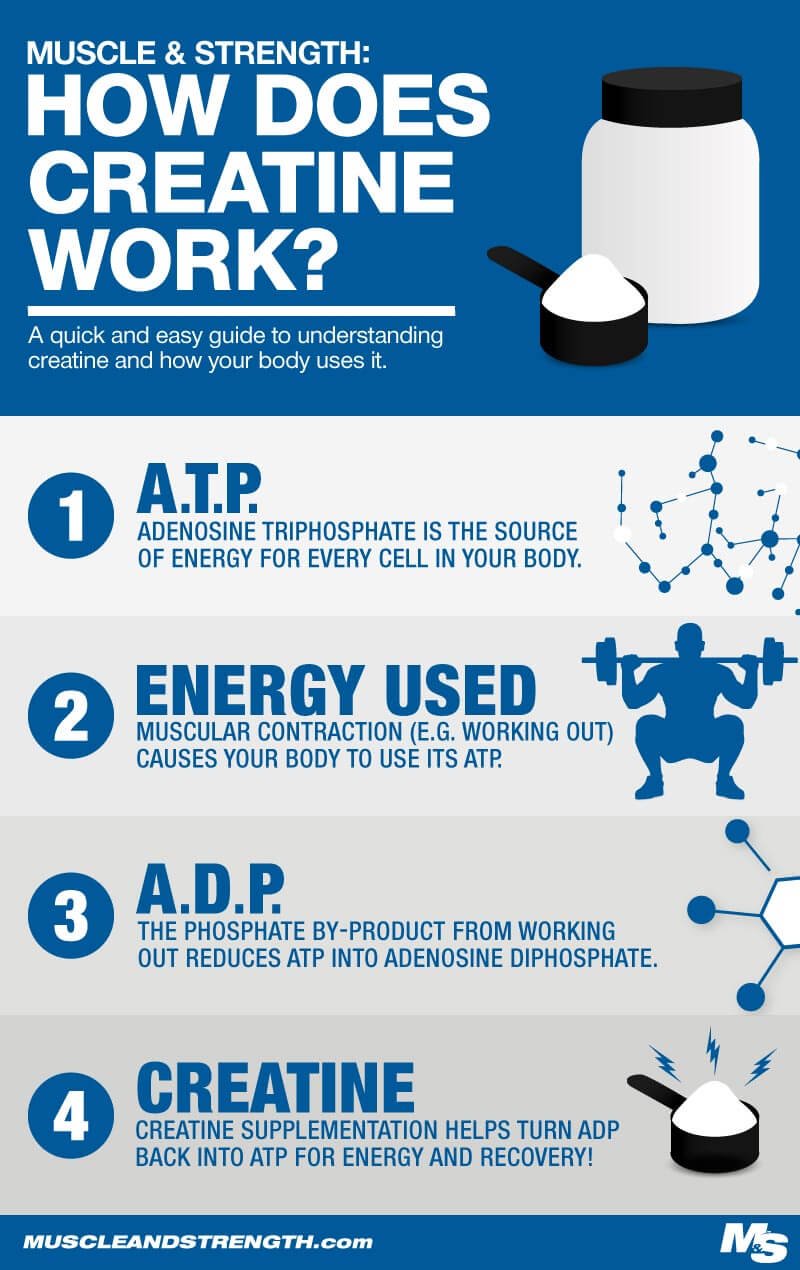Understanding Sperm and Creatine
When it comes to male fertility, there are various factors that can influence sperm quality and overall reproductive health. One particular area of interest is the presence of creatine in sperm cells. Creatine is a naturally occurring compound primarily found in skeletal muscle tissues, known for its role in providing energy for muscle contractions. But does sperm actually contain creatine?

Research suggests that although creatine is primarily present in muscle cells, trace amounts can also be found in sperm. Several studies have revealed that small concentrations of creatine are indeed present in sperm cells, indicating the potential significance of this compound in male fertility.
The Role of Creatine in Male Fertility
The exact role creatine plays in male fertility is still being explored, but some theories suggest that it may play a vital role in enhancing sperm motility and overall sperm function.
One hypothesis proposes that creatine's energy-storing properties may contribute to improving sperm motility, allowing them to navigate through the female reproductive tract more efficiently. This could increase the chances of successful fertilization.
Furthermore, creatine has also been associated with the prevention of oxidative stress. Sperm cells are highly vulnerable to oxidation due to the high presence of polyunsaturated fatty acids in their membranes. Creatine's antioxidant properties may help protect sperm from cellular damage caused by oxidative stress, ultimately preserving sperm quality and viability.
Implications for Male Fertility and Reproductive Health
The presence of creatine in sperm and its potential role in male fertility highlights the importance of maintaining adequate levels of this compound in the body. While the body naturally produces creatine, it is also obtained through diet, primarily from animal-based sources.
However, it's important to note that the relationship between creatine levels and fertility is not yet fully understood. While some studies suggest a positive correlation between creatine and sperm quality, further research is needed to establish a definitive link.
Nevertheless, for individuals looking to optimize their fertility and reproductive health, it may be beneficial to maintain a balanced diet that includes adequate levels of creatine. Incorporating foods like lean meats, fish, and dairy products that are rich in creatine may contribute to overall sperm health.
Conclusion
While sperm does contain trace amounts of creatine, more research is needed to fully comprehend its role in male fertility. The potential impact of creatine on sperm motility and protection against oxidative stress presents an exciting area of study in reproductive science. As scientists delve deeper into this topic, we may gain a better understanding of how creatine affects male fertility and discover new strategies to optimize reproductive health.
Related FAQs about does sperm have creatine
Does sperm contain creatine?
Yes, sperm does contain trace amounts of creatine.
What is the role of creatine in male fertility?
Creatine may potentially enhance sperm motility and protect against oxidative stress, contributing to overall sperm function and quality.
Can creatine improve sperm motility?
The exact impact of creatine on sperm motility is still being researched. While some studies suggest a positive correlation, further investigation is needed for a conclusive answer.
How can I increase my creatine levels for better fertility?
Incorporate foods rich in creatine into your diet, such as lean meats, fish, and dairy products. Alternatively, creatine supplements may also be considered, but consult with a healthcare professional before use.
Is there a direct link between creatine and male fertility?
While research suggests a potential connection between creatine levels and sperm quality, more studies are required to establish a definitive link between the two.
Glossary about does sperm have creatine
1. Creatine: Creatine is a naturally occurring compound primarily found in skeletal muscle tissues, known for its role in providing energy for muscle contractions.
2. Sperm: Sperm refers to the male reproductive cells that are involved in fertilization. They are produced in the testes and contain genetic material necessary for reproduction.
3. Male fertility: Male fertility refers to a man's ability to impregnate a female partner and successfully produce offspring.
4. Motility: Motility refers to the ability of sperm cells to move and swim effectively. It plays a crucial role in successful fertilization.
5. Oxidative stress: Oxidative stress occurs when there is an imbalance between the production of free radicals in the body and the ability to neutralize their harmful effects. It can contribute to cellular damage and potential fertility issues in sperm.
6. Polyunsaturated fatty acids: Polyunsaturated fatty acids are types of fats that contain multiple double bonds in their chemical structure. They are essential for normal cellular function and are abundant in the membranes of sperm cells.
7. Antioxidant properties: Antioxidant properties refer to the ability of a substance to protect cells from damage caused by free radicals and oxidative stress. Antioxidants neutralize free radicals, reducing their potential harm.
8. Diet: Diet refers to the food and beverages consumed by an individual. It plays a crucial role in providing essential nutrients that support overall health, including reproductive health.
9. Reproductive health: Reproductive health refers to the state of complete physical, mental, and social well-being related to the reproductive system. It involves the ability to have a satisfying and safe sexual life, as well as the capability to reproduce.
10. Testes: The testes, also known as testicles, are the male reproductive organs responsible for producing sperm and testosterone. They are typically located within the scrotum.
